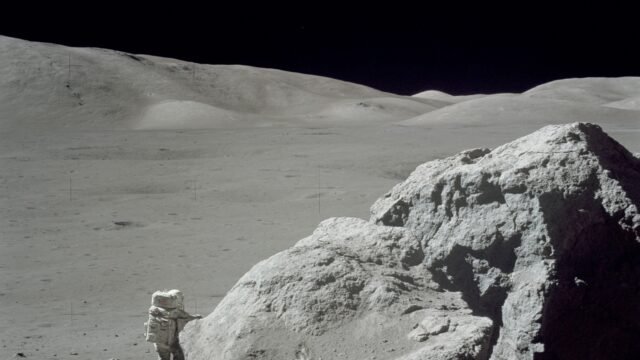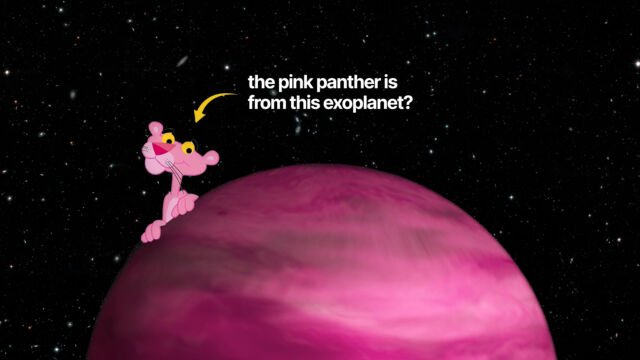Vertical Future, a company focusing on developing vertical farms for space exploration, has been awarded a £75,000 research grant by the UK Space Agency to participate in developing a Controlled Environment Agriculture (CEA) facility for future space exploration missions.
Vertical Future is the leader of the UK Space Agency project and will partner with international experts in plant biology and space technologies and operations.
“We are excited to have the opportunity to work alongside global experts in both plant biology and space technology to develop life-changing technology. Several studies have shown that having access to high-quality fresh produce is important not just for one’s nutrition but also their mental well-being. Astronauts typically lack access to a varied diet whilst in space which this project is working to solve, by providing a wide variety of high-quality produce that can be grown on a space vessel. While this project may sound like the plotline of The Martian, it is important to develop new and innovative ways for astronauts to survive and thrive in their ventures to not just the Moon but also Mars and beyond,” said Dr Jennifer Bromley, Chief Scientific Officer at Vertical Future.
Other companies participating in the project include Axiom Space, Saber Astronautics, the University of Southern Queensland, and their Plants for Space (P4S) research partners at the University of Adelaide and the University of Cambridge.
The Controlled Environment Agriculture (CEA) Project
Phase One of the project will focus on researching the design requirements for a fully-autonomous agriculture system that can be monitored and operated remotely or through the use of AI.
The project team will be hosted at NASA’s Kennedy Space Center, where they will research and develop the specifications for a CEA facility.[1]
They will focus on testing its ability to cope with the constraints and challenges in deep space onboard the International Space Station (ISS).
The team will also test data transfer requirements between the Vertical Future facilities installed at Vertical Future’s R&D site in London and The Waite Research Institute, University of Adelaide, Australia.
Phase Two will focus on implementing the CEA system on the ISS and into the world’s first commercial space station, which project partner Axiom Space is currently developing.
The Axiom Station is being developed to replace the current ISS once it ends its life eventually.
The project team’s research will benefit us here on Earth and be used to support the development of more efficient CEA systems (vertical farms).
By incorporating the project’s research, CEA systems on Earth will be able to continue to evolve and become more efficient and effective.
Vertical farming can currently deliver a wider variety of fresh food of higher quality at lower prices for consumers because of the lack of influence caused by severe weather conditions or supply chain disruptions.
“ As we have seen with many other technological advances thanks to the space industry, we will also be able to apply our findings here on earth, where we continue to develop Vertical Future technologies,” said Dr Jennifer Bromley.
These facilities can grow fresh food in urban or degraded areas by reducing the requirement for labor and resource inputs such as water, energy, fertilizer, and pesticides, boosting yields, reducing dependency on imports, cutting consumer costs, and addressing supply chain difficulties.
References
- Vertical Future, ‘Vertical Future set to be the first UK-based company working in the agri-space sector,’ 11 August 2023, https://verticalfuture.com/2023/08/vertical-future-set-to-be-the-first-uk-based-company-working-in-the-agri-space-sector/[↩]





